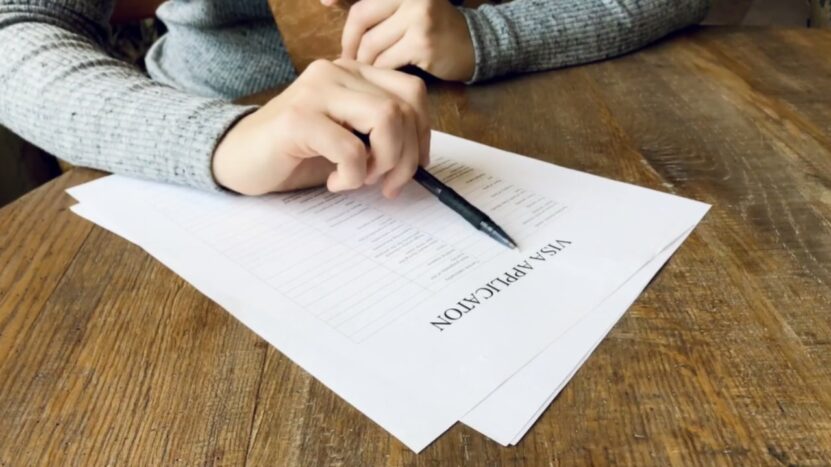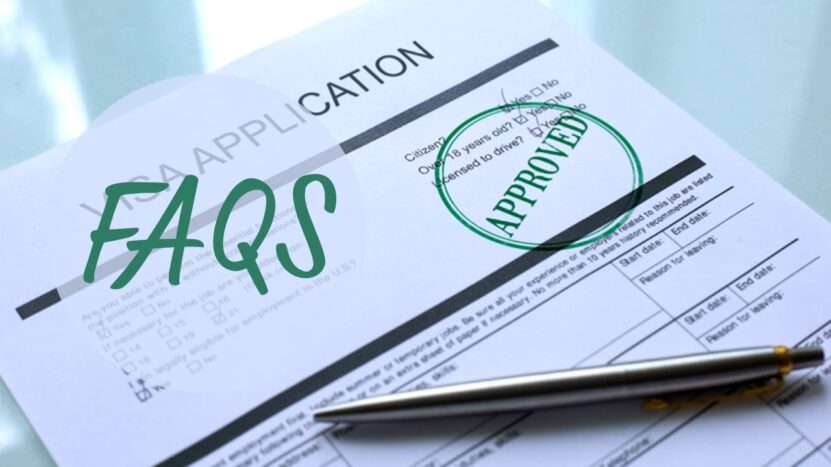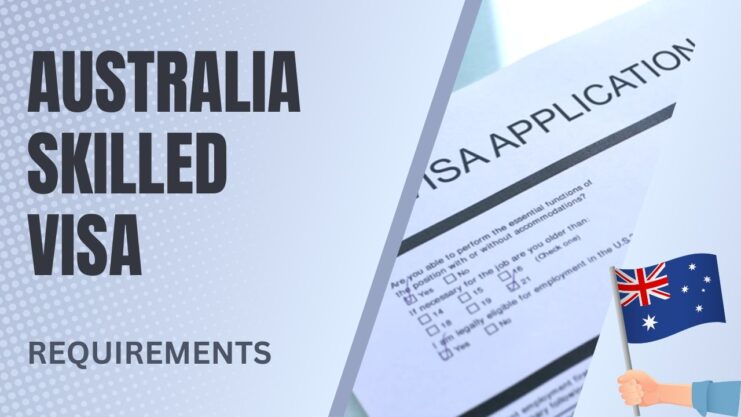If you’re planning to move to Australia for work, you might want to apply for a skilled visa. Skilled visas are designed for people who possess the skills that are in demand in the Australian job market. In this article, we’ll guide you through the skilled visa requirements and immigration application process.
Understanding Skilled Visas in Australia
Australia has a points-based immigration system, which means that applicants are assessed based on their skills, work experience, language proficiency, and other factors. There are several types of skilled visas available, including:
- Skilled Independent visa (subclass 189): for skilled workers who don’t have a sponsor or nomination from an employer, state or territory government, or a family member in Australia.
- Skilled Nominated visa (subclass 190): for skilled workers who are nominated by a state or territory government agency in Australia.
- Skilled Work Regional (Provisional) visa (subclass 491): for skilled workers who are nominated by a state or territory government agency or sponsored by an eligible family member to live and work in regional Australia.
To be eligible for a skilled visa, you need to:
- Have a nominated occupation that is on the relevant skilled occupation list.
- Have your skills assessed by the relevant assessing authority.
- Meet the minimum points requirement (currently 65 points) based on factors such as age, English language proficiency, work experience, education, and other criteria.
Meeting the Basic Requirements

The requirements for an Australia Skilled Visa are as follows:
- Age – you must be under 45 when you apply;
- English language – you should have sufficient ability in the English language to work in Australia (at least at a competent level);
- Nominated occupation – when you apply you nominate a skilled occupation, which fits your skills and qualifications. This occupation must be found on the Medium and Long-term Strategic Skills List;
- Skills assessment – before you apply, you must have your skills assessed by the Australian assessing authority designated to assess your nominated occupation (which will usually have specific qualifications requirements);
- Health assessment – you should be of reasonably good health and all applicants must have their health assessed by a panel doctor and undergo a medical examination; and
- Character assessment – you should be of good character and this too will be assessed.
If you are unable to meet the new visa Basic Requirements and pass the Points Test, then you should not continue with a General Skilled Migration to Australia application.
To apply for a skilled visa, you must first meet the basic requirements.
Age
You must be under 45 years of age when you apply for a skilled visa. If you’re over 45, you may still be eligible for certain visas, such as the Business Talent visa (subclass 132).
English Language Proficiency

You must prove your English language proficiency by taking an approved English language test, such as the International English Language Testing System (IELTS) or the Test of English as a Foreign Language (TOEFL). The minimum score required varies depending on the visa subclass and the assessing authority.
Skills Assessment
You must have your skills assessed by the relevant assessing authority for your nominated occupation. The assessing authority will determine if your qualifications and work experience meet the standards required for your occupation in Australia.
Nomination or Sponsorship

You must have a nomination or sponsorship from an employer, state or territory government, or eligible family member. The nomination or sponsorship must be for an occupation that is on the relevant skilled occupation list.
Health Assessment
To be granted a visa, you must meet the health requirements set by the Australian government. This means that you must undergo a health assessment by a panel physician approved by the Department of Home Affairs.
The health assessment includes a medical examination, chest x-ray, and blood tests to check for communicable diseases. If you have a medical condition that is likely to result in significant healthcare and community service costs, your visa application may be refused.
Character Assessment
You must also meet the character requirements set by the Australian government. This means that you must provide police clearance certificates from all countries where you have lived for 12 months or more in the past 10 years. The police clearance certificates must be issued by the relevant authorities and show that you have no criminal convictions or outstanding charges.
If you have a criminal record or have been involved in any activities that are considered to be of a harmful nature, your visa application may be refused. The Australian government takes character assessments seriously to ensure the safety and security of its citizens and residents.
Applying for a Skilled Visa
Once you’ve met the basic requirements and have been invited to apply for a skilled visa, you can submit your application online through the Department of Home Affairs website. Your application must include:
- Proof of identity and age
- English language test results
- Skills assessment results
- Nomination or sponsorship details
- Health and character clearance certificates
- Proof of financial support (if required)
FAQs

What is the skilled occupation list?
The skilled occupation list is a list of occupations that are in demand in the Australian job market. You must have a nominated occupation that is on the relevant skilled occupation list to be eligible for a skilled visa.
Can I apply for a skilled visa if I don’t have a job offer in Australia?
Yes, you can apply for a Skilled Independent visa (subclass 189) if you don’t have a job offer in Australia. This visa is designed for skilled workers who don’t have a sponsor or nomination from an employer, state or territory government, or a family member in Australia.
How long does it take to process a skilled visa application?
The processing time for skilled visa applications varies depending on the visa subclass and individual circumstances. It can take several months to receive a decision, so it’s important to apply well in advance of your planned travel dates.
Can I bring my family members to Australia on a skilled visa?
Yes, you can include eligible family members in your skilled visa application. Eligible family members include your spouse or de facto partner, dependent children, and other dependent relatives.
What happens if my visa application is refused?
If your visa application is refused, you can request a review of the decision through the Administrative Appeals Tribunal (AAT) or the Federal Circuit Court. It’s important to seek professional advice if your application is refused to understand your options and potential next steps.
Conclusion
Applying for a skilled visa in Australia can be a complex process, but with the right guidance and preparation, it can be a smooth and successful journey. Make sure you understand the skilled visa requirements and eligibility criteria and seek professional advice if you have any questions or concerns.

